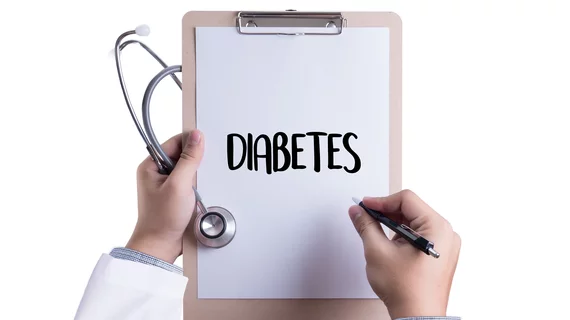Fake physician ‘diagnosed’ diabetes by asking patients to hold metal rod
A 73-year-old Florida man posing as a fake doctor was arrested after he diagnosed an undercover cop with diabetes and high cholesterol and offered to “cure” the man with a $2,000 autologous blood transfusion, the Miami Herald reported Feb. 13.
According to the Herald, Onelio Hipolit-Gonzalez promoted himself as a doctor on the website El Classificado, a classifieds site geared toward the Hispanic community. He reportedly diagnosed patients with life-threatening illnesses like cancer and diabetes by having them hold a metal rod connected to a beeping machine, then offered to treat their conditions for thousands of dollars.
“Basically he’s taking people’s money and telling them he’s going to cure them,” Denise Moloney, a spokesperson for the Hernando County Sheriff’s Office, which is handling the case, said. “First time I’ve heard of something like this.”
Hipolit-Gonzalez was arrested during one of his routine appointments, when he diagnosed an undercover policeman with a gallbladder “not in good health,” high cholesterol, diabetes and “50 percent fat in his liver.” Hipolit-Gonzalez explained he’d treat the man by drawing blood and re-infusing it into his body—an approach he claimed would combat diabetes.
The so-called doctor was reportedly shocked when he was arrested, according to the Herald. He alleged he’d worked as a lab technician in Cuba before moving to Florida, where he said he went to school for iridology, herbology and nutrition.
Hipolit-Gonzalez is currently released on a $3,000 bond.
Read more below:

